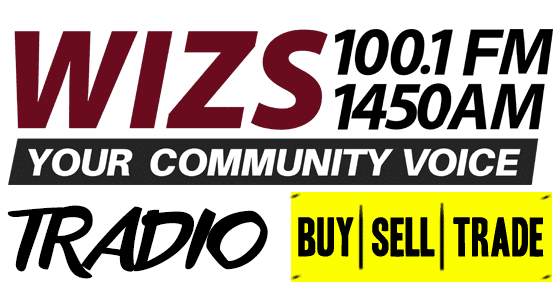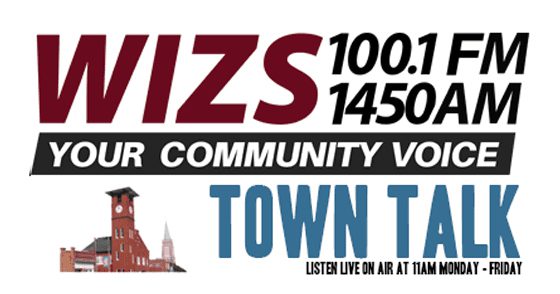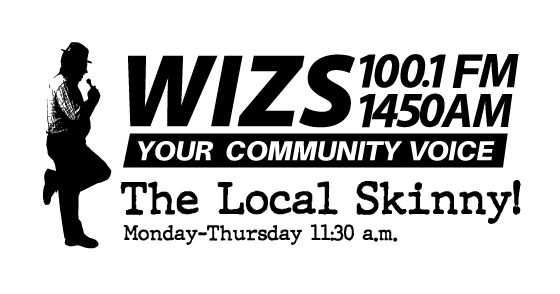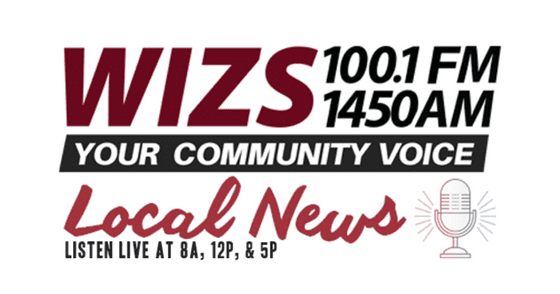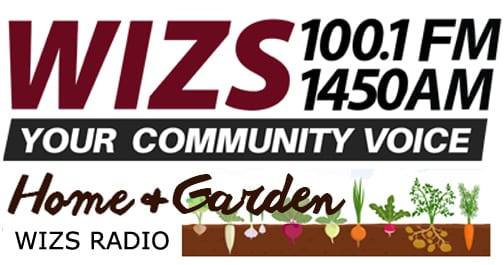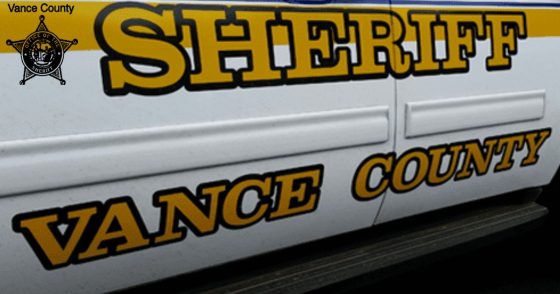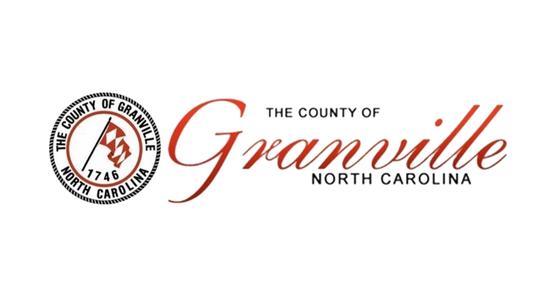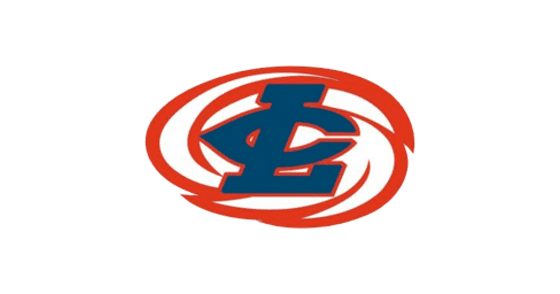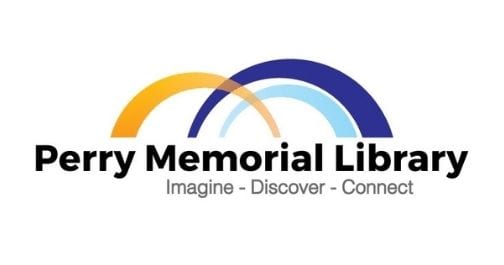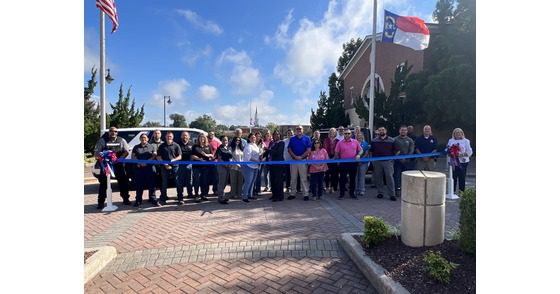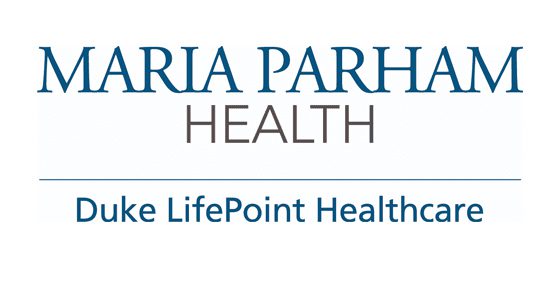The KARTS flex ride service officially begins today, providing on-demand transportation anywhere within the city limits of Henderson.
During the ribbon-cutting Friday, KARTS Executive Director Randy Cantor said the service “brings KARTS into the 21st century” with its Uber-style setup.
“My hope is that with the success in Henderson…maybe we can expand to other cities in the four-county KARTS service area,” Cantor said.
Riders can request a ride with a few simple clicks and swipes on the KARTS website or with an app on a smart phone. Customers can load money on an electronic pass using a credit or debit card, Cantor said.
The service will be in operation Monday-Friday, 6 a.m. to 6 p.m.
City and county officials on hand for the ribbon cutting were supportive and positive the new service would work well for residents.
“We welcome this program and congratulate you all at KARTS for taking on this program,” said Vance County Sheriff Curtis Brame.
Downtown Development Director Tracy Madigan said, “This is so exciting…this is really going to help our downtown…we are thrilled (and) we really appreciate all that KARTS is doing.”
Henderson is one of 11 sites across the state to get funded for this type of micro-transit offering.
“Hopefully, we’ll see this program be popular and create demand,” said Grady McCollum, senior project manager for NCDOT’s Integrated Mobility Division.
Being able to have this kind of convenient ability to get around town, be able to offer more flexible rides…this is going to be huge,” McCollum told WIZS News after the ribbon-cutting.
North Carolina is a leader in micro-transit programs like the one that KARTS is launching. Whether it’s a trip to a doctor’s appointment, shopping or a visit downtown, the Flex Ride is available to help get people where they want – and need – to go.
“It’s really exciting to be on that cutting edge” and be a resource for other states across the nation.
“It is a big deal, we’re very excited about it,” said Kai Monast, a transportation program expert who works with the Institute for Transportation and Research and Education at N.C. State University.
It was during COVID that the call went out to find out which entities may be interested in participating in the pilot project.
“KARTS found the capacity to raise their hand and say, ‘yes, we’re interested, even though we’re busy doing other stuff,’” Monast told WIZS News.
“They knew this was the future and they raised their hand and got included in the grant application,” he said.

